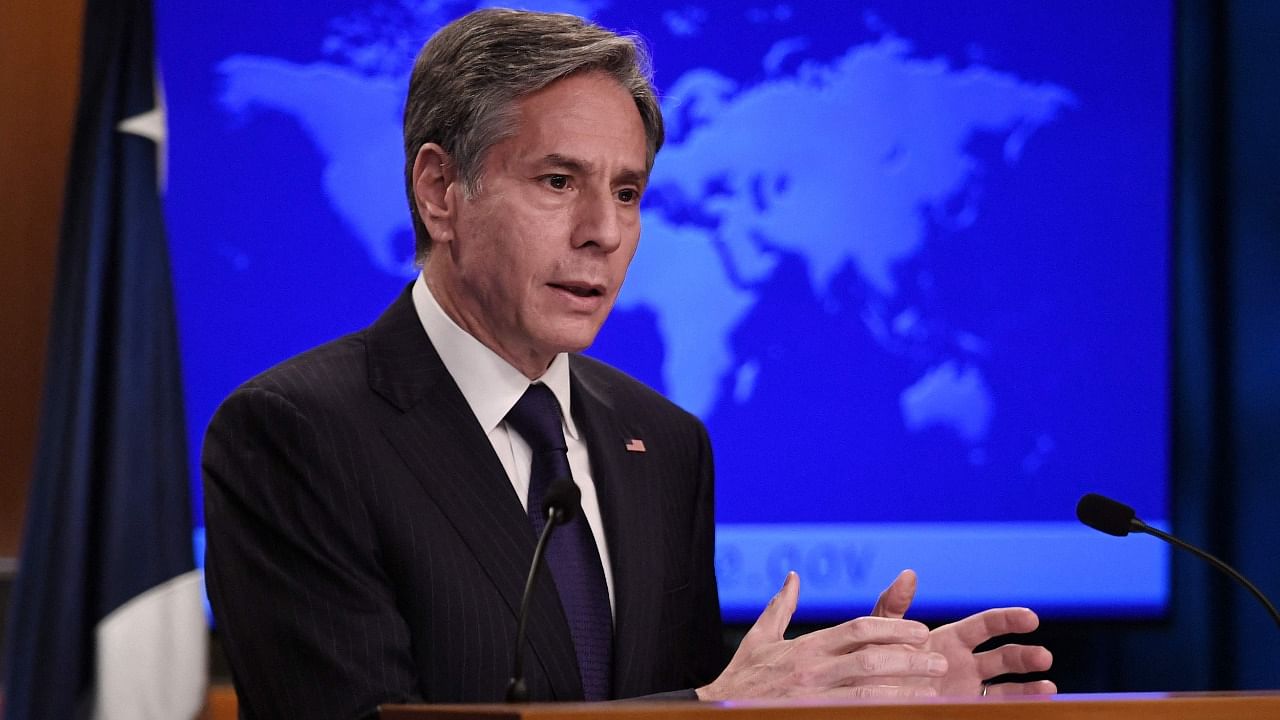
The United States and the international community expects the Taliban to form an inclusive government with representations from different communities and interests, Secretary of State Antony Blinken said on Friday.
“As we've said and as countries around the world have said, there is an expectation that any government that emerges now will have some real inclusivity, and that it will have non-Talibs in it who are representative of different communities and different interests in Afghanistan,” Blinken told reporters at a news conference.
The Taliban is expected to announce the formation of the new government after the takeover of the country on August 15.
“We will see what, in fact, emerges, but I have to tell you that as important as what the government looks like is, more important still is what any government does. And that's what we're really looking at. We're looking at what actions, what policies any new Afghan government pursues. That's what matters the most,” he said.
The expectation is to see inclusivity in government, but ultimately the expectation is to see a government that makes good on commitments that the Taliban have made, particularly in freedom of travel, not allowing Afghanistan to be used as a launching ground for terrorism directed at the US or any of the allies and partners, upholding the basic rights of the Afghan people, including women and minorities, and not engaging in reprisals, Blinken said.
“These are the things that that we're looking at. And, again, not just us, many countries around the world,” he said.
The United States, Blinken said, is committed to looking at everything done from day one through the present and draw lessons from it. “I think that there also needs to be, including across the State Department, a look back at the entire 20 years to understand the entire course of this war and engagement with Afghanistan and to ask the right questions and to learn the right lessons from that,” he said.
Blinken said American diplomacy with allies and partners continues to intensify. “That diplomacy has already produced a statement signed by more than 100 countries and the UN Security Council resolution that makes clear the international community's expectations of a Taliban-led government, including freedom of travel; making good on its commitments on counterterrorism; upholding the basic rights of Afghans, including women and minorities; and forming an inclusive government and rejecting reprisals,” he said.